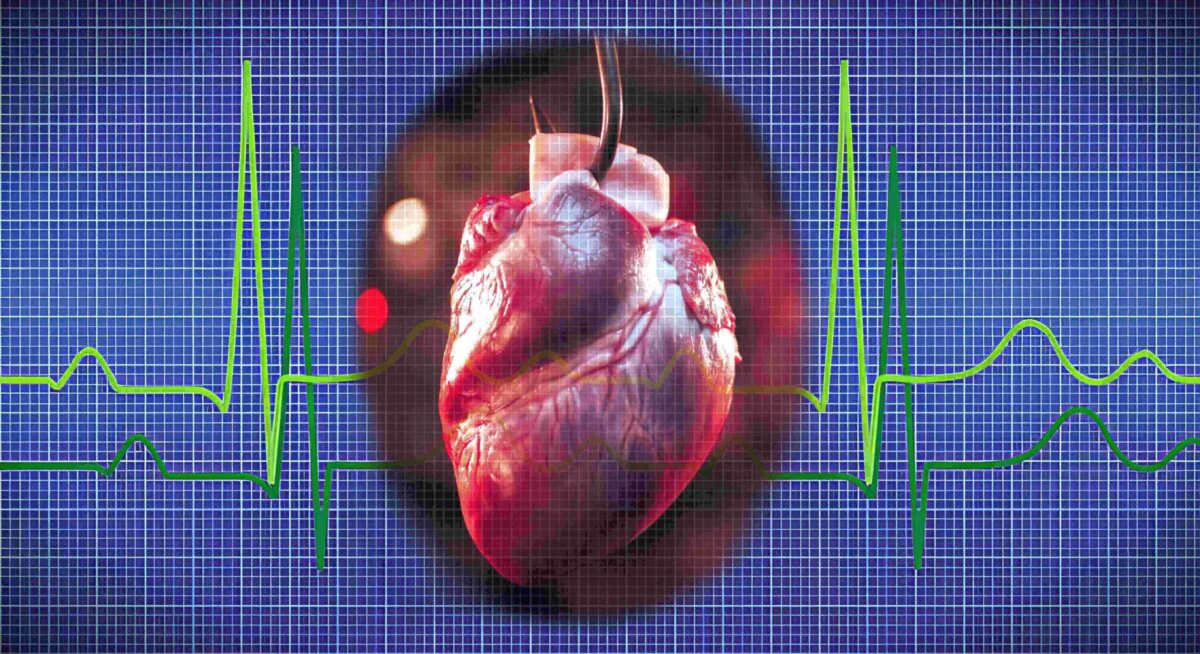What is Anxiety attack
Being concerned or stressed is a natural human feeling that aids in our reaction to danger. On the other hand, it can develop into an anxiety disorder if it becomes excessive, persistent, and disruptive to day-to-day activities. When it is characterized by abrupt spikes in extreme fear with physical and metal discomfort, then Anxiety attacks are said to appear in an individual. An extremity of this condition is Panic attacks. Anxiety usually develops gradually over time. Anxiety symptoms, in contrast to panic episodes, usually feel less severe, but they may linger for days, weeks, or even months.
What are the Symptoms
Fast heartbeat, dyspnea, tense muscles, lightheadedness, and racing thoughts are among the symptoms. Specific circumstances, such as giving a speech in front of an audience, as well as more general concerns about one’s job, money, or health, can cause anxiety. It can be crippling, as the heart races, breath quickens, and the world seems to shrink. While these episodes are scary, there are effective ways to steer them and find calm amidst the chaos.


How to Recognize Anxiety Attacks
Knowing what an anxiety attack is may help you better comprehend the solutions. Often referred to as panic attacks, these are brief, strong bursts of terror or gloom that intensify over a matter of minutes. Although the precise cause differs from person to person, stress, phobias, or traumatic experiences are frequently the catalysts.
Individuals may experience physical symptoms such as :
- Nausea, dizziness, numbness, a racing heart, tremors, sudden sweating, and chest discomfort.
- They may also feel like they are losing their mind or facing a life-threatening situation like a heart attack, stroke, or suffocation.
- Additionally, they may feel disconnected from reality and as if they have no control over their body and emotions.
During the course of an attack, the brain’s fear centre, called the amygdala, misinterprets a scenario as a threat, setting off the fight-or-flight reaction. This reaction releases a tons of adrenaline into the body, which causes tense muscles, a fast heartbeat, and shortness of breath—all of which are meant to assist you get away from harm.
How to Quell Anxiety Attacks
Anxiety attacks may be extremely powerful and frequently occur when we least expect them. Even the most routine duties can seem overwhelming due to a racing heart, dyspnea, and a sense of approaching doom. If you have ever had one, you are aware of how impeding they can be. Fortunately, there are practical strategies for controlling and even averting panic episodes. We’ll go through some amazing helpful advice and therapeutic approaches to help you achieve serenity during an anxiety attack.
How to calm an anxiety attack : Some Verified Techniques for Quick Relief
Breathing Techniques: When you feel anxious, concentrate on your breathing. Try the 4-7-8 method: take four breaths, hold them for seven, and then release them for eight. This aids in breathing control and nervous system relaxation.
Grounding Techniques: Use your senses to anchor yourself in the present. List out five objects that you can see, four that you can hear, three that you can touch, two that you can smell, and one that you can taste. This returns your attention to the present moment.
Distraction: is often a very useful short-term solution. Enjoy a humorous video clip, read a chapter in a book, or listen to your favorite TV show. Sometimes all it takes to defuse or improve anxiety is to turn your attention elsewhere. Stronger anxiety attacks can be curbed by holding an ice cube, biting into a sour candy or lime juice, eating some lip smacking spicy food, or even cold water bath.


Progressive Muscle Relaxation: Tense and then relax each muscle group as you move up from your toes. Your body’s tension can be reduced with the aid of this physical release.
Relaxing Music: can be a powerful weapon in your anxiety arsenal. Calming melodies and slow tempos can activate the relaxation response, countering the fight-or-flight state. By focusing on soothing sounds, you can distract yourself from anxious thoughts and slow your breathing rate, promoting a sense of calm.
Verbalizing Fears: Talking it out can help you see things more rationally. Knowing someone trustworthy who understands your emotions can reduce isolation and fear of anxiety. There’s a calming and validated feeling having somebody acknowledge your experience. So, do not hesitate speaking out to anybody close.
Anxiety attack relief : Long-Term Management Therapies
-
Mindfulness Meditation: Mindfulness teaches you to focus on the present moment without judgment. Regular meditation practice can improve self-awareness and emotional regulation, making you better equipped to handle anxiety.
- CBT, or cognitive-behavioral therapy: Cognitive Behavioral Therapy is a very successful anxiety treatment. It assists you in recognizing and altering unfavorable thought patterns and actions that fuel your anxiety. You will acquire coping skills through CBT to handle stress.
- Dialectical Behavior Therapy (DBT): Cognitive-behavioral methods and mindfulness are used in dialectical behavior therapy (DBT). It emphasizes accepting uncomfortable ideas and feelings while learning constructive coping mechanisms.
- Eye Movements and Desensitization and Reprocessing (EMDR): EMDR is very useful in helping people with anxiety connected to trauma as it facilitates the processing of painful memories and modifies their neural storage.
-
Lifestyle Modifications: Regular exercise, healthy sleep habits, and a balanced diet all play a vital role in managing anxiety. Aim for at least 30 minutes of moderate-intensity exercise most days of the week, prioritize 7-8 hours of sleep, and limit caffeine and alcohol intake.
Appropriate Drugs for Anxiety Attacks
During acute anxiety attacks, drugs can offer instant relief, while therapy offers longer-term remedies. It is essential to speak with a healthcare provider before beginning any medicine. Here are a few frequently suggested choices:
Antidepressants known as selective serotonin reuptake inhibitors (SSRIs) can lessen the frequency and intensity of anxiety attacks. Examples are Fluoxetine (Prozac), Escitalopram (Lexapro), and Sertraline (Zoloft).
Benzodiazepines: These are short-acting drugs that ease acute anxiety attacks quickly. But they are typically prescribed for short-term usage, and they can become habit-forming. Alprazolam (Xanax), Clonazepam (Klonopin), and Lorazepam (Ativan) are a few examples.
Beta-Blockers: Primarily prescribed to manage hypertension, beta-blockers, such as Propranolol (Inderal), can also alleviate the physiological manifestations of anxiety, including palpitations and fast heartbeat.
Buspirone, also known as Buspar: This drug is used to treat generalized anxiety disorder and does not have the same potential for reliance as benzodiazepines.


Introspective Placidity
Remember, you are not lost at sea in this storm. With the right tools and support, you can weather the waves of anxiety and find calmness in your life. Embrace self-compassion, celebrate small joys & victories, and know that with consistent effort, you can build your resilience and navigate life with greater peace. Its very important to introspect and analyze possibilities logically, and not too emotionally. You are stronger than your anxiety, and brighter days lie ahead.
The next time anxiety strikes, keep these above techniques in mind, and always do, seek out counseling or medicine, if things do not get right for long. You will sure learn to deal with anxiety episodes and with time they would vanish. Accept the path to inner serenity; you will find it for yourself.










